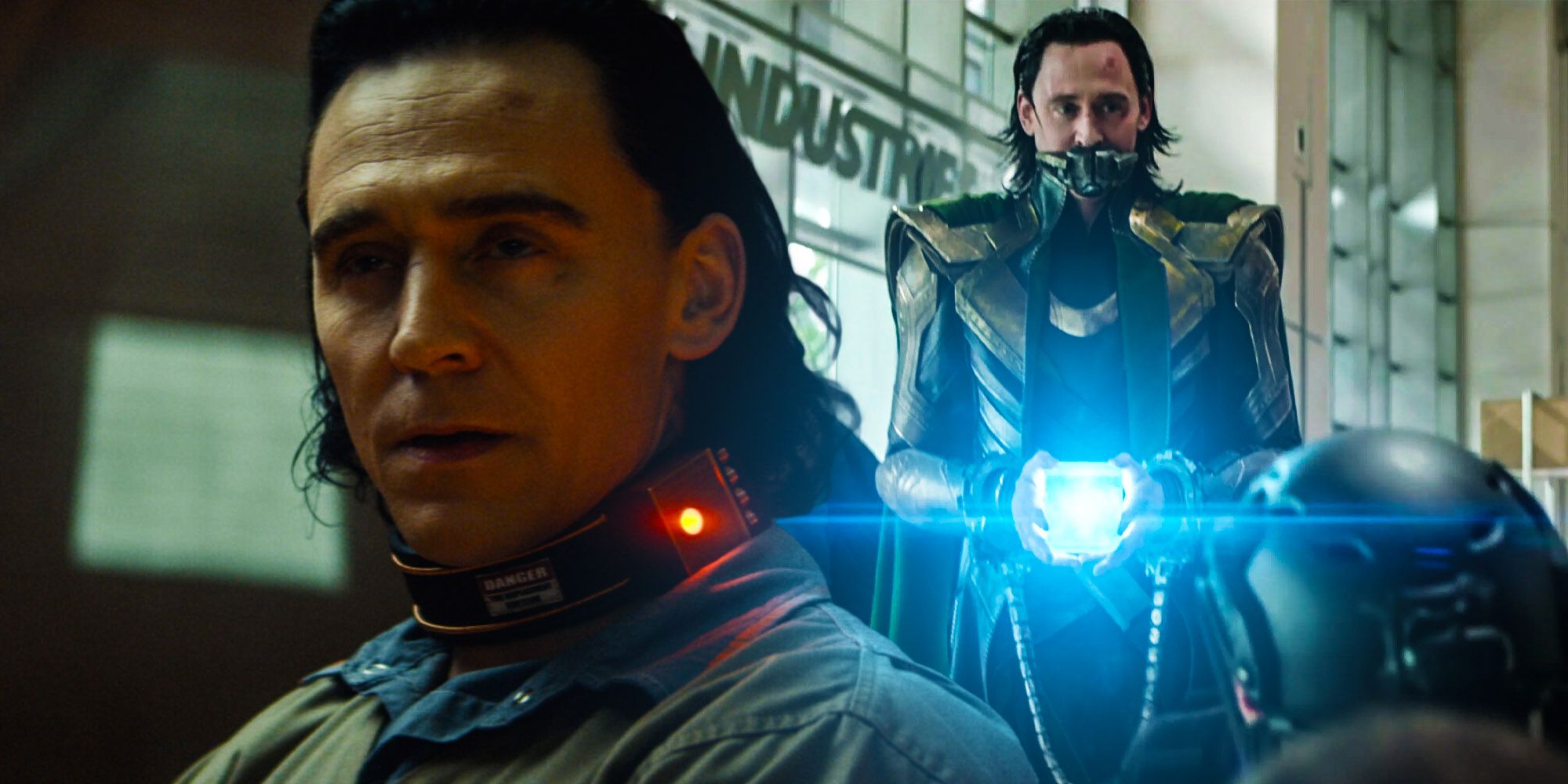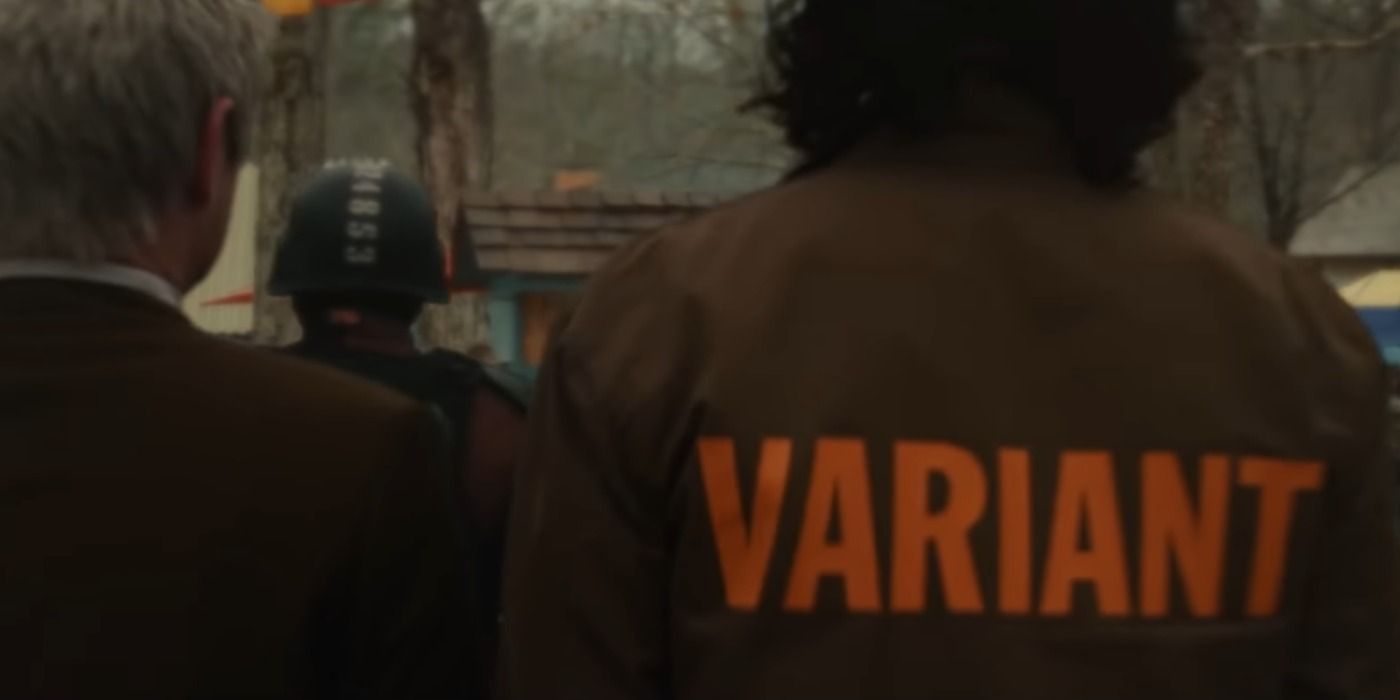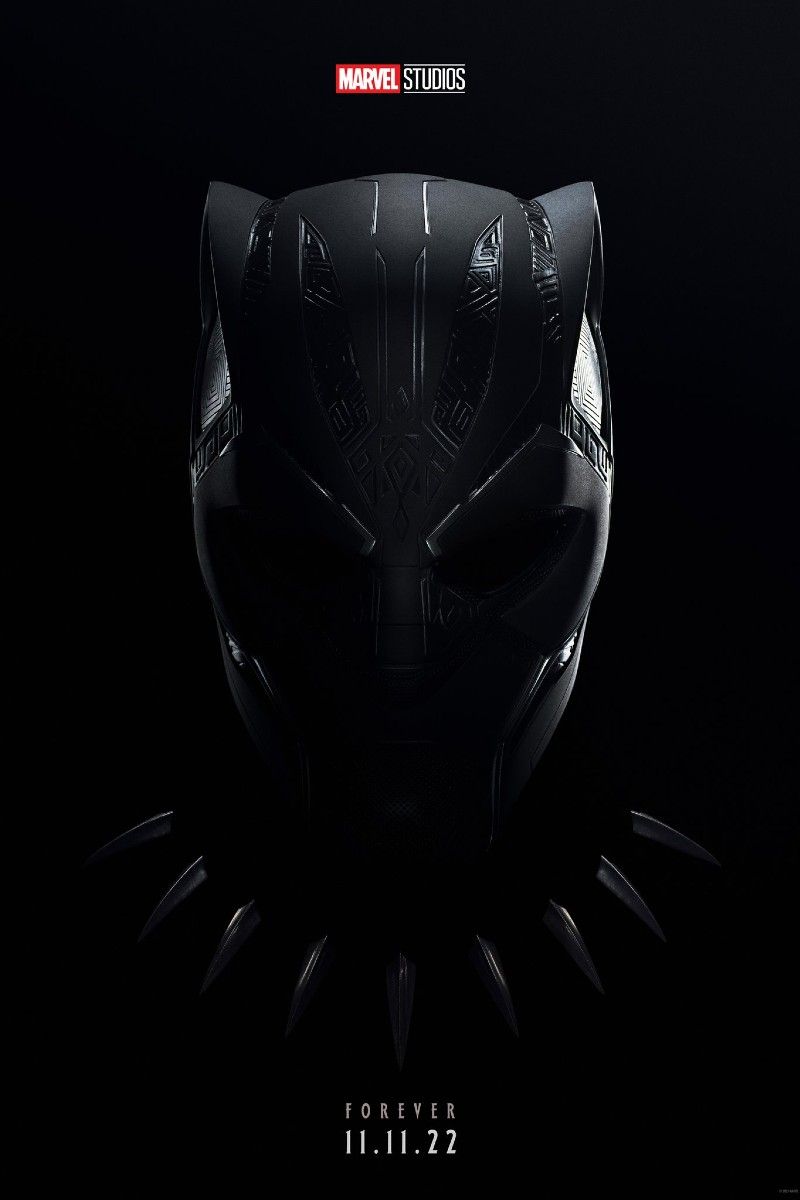Here's why the Time-Keepers call Loki a "variant" in the MCU. Few sci-fi or fantasy franchises manage to be particularly consistent when it comes to their handling of time travel, simply because the science can only ever be theoretical, with no real-world everyday analog. As a result, and quite rightly, most time-travel stories wind up playing fast and loose with their models of temporal mechanics, with the pseudo-science really in service to the plot. Avengers: Endgame's time travel rules were confusing enough for the film's writers and directors to disagree over how it works, and the movies and shows since suggest the MCU time-travel rules may be even more complex than previously shown.
Marvel's highly anticipated upcoming Loki Disney+ series will introduce viewers to a group called the Time-Keepers, who essentially seem to serve as a sort of temporal police force. They seem analogous to the Monks of History in Terry Pratchett's Discworld novels, whose job was basically to ensure yesterday always happens in the past and tomorrow follows today; they are responsible for maintaining the timeline. And, unfortunately, they've had to go to extreme lengths in order to achieve their objective; in order to address the time changes and branching realities he caused, they've recruited a "variant" version of Loki. And the new trailer gives a few contextual clues about what that means for the show, and for the character of Loki himself.
A "variant" is clearly something of a technical term used by the Time-Keepers, and it reflects the MCU's model of temporal mechanics. The basic idea is that there should really be just one timeline, but interference - notably through time travel - can create branched timelines. Presumably a variant is anyone who originates from one of these other branches; although they (usually?) look the same as the one from the main timeline, their experiences differ – meaning they become a different person. This variant of Loki comes from a branched MCU timeline created in Avengers: Endgame, when he stole the Tesseract and escaped before he could be imprisoned.
This is essentially an inversion of how the comic book industry uses the term "variant." There, a variant is a copy of the exact same comic with a different cover, usually created in order to be sold to collectors. In comics, then, a variant looks different but has the same content; in the MCU, a temporal variant most likely looks the same but becomes a different person with a different story.
It's nice to see Marvel establish some basic principles and terms for use discussing the Multiverse, which is set to become a major part of the MCU in Phase 4 and beyond. In this case, though, they're simply setting in place a formal term for something already seen in Avengers: Endgame, where a variant Thanos pursued the Avengers through time to 2023, and where Gamora was rebooted by bringing a variant of her into that time as well. It will be interesting to see whether Loki's Time-Keepers have any interest in variants running around in the main timeline.








